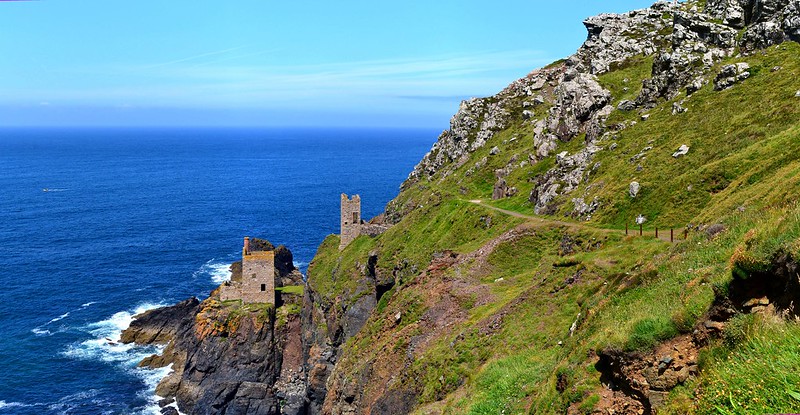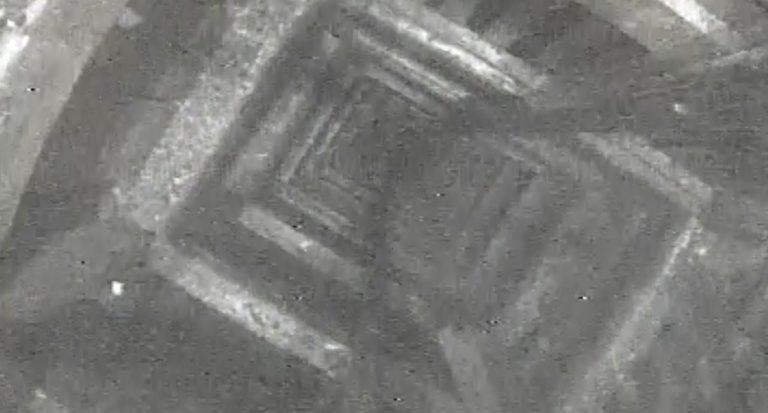
GeoScience has won the tender with consortium partners TownRock Energy, Tomson Consulting, Carrak Consulting, Tony Bennett and the University of Exeter.
The project partners have each pledged to reduce carbon emissions across their respective sites and provide opportunities for decarbonised heat. Cornwall Council declared a Climate Emergency in 2019 and is actively engaged with many projects which encourage carbon savings whilst also tackling inequalities that exist in our society such as fuel poverty. The National Trust aim to become a net zero carbon organisation by 2030, LiveWest are the largest social landlord in the Southwest and are eager to work with government and local authorities to reduce their carbon footprint.
Geothermal heat from mine water
There is growing interest in extracting geothermal heat from mines, both in the UK and internationally. Organisations in the North East of England and Scotland have been exploring the potential of geothermal mine water in abandoned coal mines. Several universities (namely Durham, Glasgow, and Strathclyde) have carried out research. The Coal Authority is exploring the utilisation of this resource across the UK.
We have reported extensively on these efforts in the UK. Notable examples include an ongoing development in County Durham, a feasibility study in Sunderland City, and a mine water scheme in South Tyneside. On an international scope, IEA Geothermal has recently highlighted a few case studies of successful mine water geothermal schemes.
In Cornwall there are hundreds of abandoned metal mines that could potentially be utilised in the same way. It is Cornwall Council’s goal to assess the feasibility of implementing heat networks around these mine water geothermal resources.
The scope of the study
The study will involve the collection of data from three famous mine sites located within the Penwith Peninsula; Geevor, Levant and Botallack. The viability of the potential resource will then be evaluated in terms of production rate, temperature and, geochemistry. The surface infrastructure and engineering options required to connect the resource to the end user will also be considered.
With the consortium partners, work has already with data collection and characterization of the accessibility and structural integrity of mineshafts, including running temperature and CCTV surveys. This work has been carried out in partnership with Deep Digital Cornwall, an EU funded project led by the University of Exeter through site visits and research into historical data and published literature.

Image captured from CCTV survey of Victory Shaft at Geevor Mine (source: GeoScience Limited)
Although many of the shafts were blocked, either at surface or at “adit level” Victory Shaft at Geevor Tin Mine remained open and accessible to a depth of 420m, enabling logging operations to take place at the end of April.
These operations included: CCTV to determine the condition of the shaft as well as its accessibility at depth for any future development, and fluid temperature and electrical conductivity measurement through the water column to assess the potential of the mine water geothermal resource and identify any changes in water properties. The latter aided in selecting representative depths for a water sampler tool to acquire fluid samples for subsequent water chemistry analysis. Such analysis is needed for operational considerations for any downhole equipment as well as for environmental considerations and permitting.